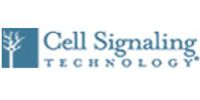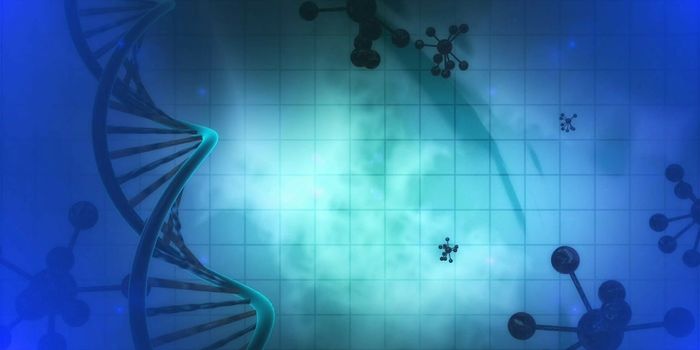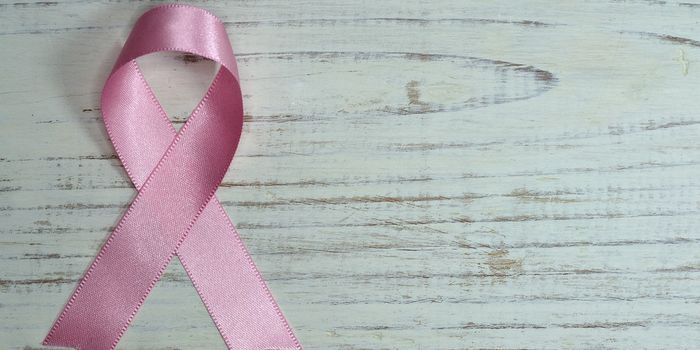New treatment for triple-negative breast cancer
A new study led by scientists at the University of Sussex suggests an alternative treatment strategy for patients diagnosed with triple-negative breast cancer. Triple-negative breast cancer is one of the most aggressive kinds of breast cancer because the cells don't have receptors for the estrogen (ΕRα), progesterone hormones (PR), or the HER2 protein, making them insusceptible to many kinds of treatment. Currently, the paths used to treat this kind of cancer are surgery or chemotherapy, but prognosis remains unfavorable. It is estimated that roughly 15% of all breast cancer cases are triple-negative.
The research, led by Professor of Cancer Cell Signaling at the University, Georgios Giamas, uses drugs that are currently used to treat leukemia and lymphoma to target healthy cells around the cancer tumor cells, called fibroblasts. By doing so, the researchers showed they were capable of detaining the disease’s progress.
Professor Giamas said: "Cancer is a systemic disease so instead of only focusing on cancer cells to find a cure, sometimes we need to step back and look at the bigger picture known as the tumor microenvironment'. This means looking at the surrounding cell types - the 'normal cells' - that can actually contribute either positively or negatively to the progression of the disease."
Tumor microenvironments have been getting a lot of attention recently because of the development of immunotherapies, which try to use the immune responses of cells to attack cancerous tumors. But, as the authors explain, immunotherapy has not yet shown much success in treating triple-negative breast cancer.
Knowing this, the researchers targeted a protein called PIK3Cδ, which is expressed mostly in white blood cells, to activate the immune system. In mice models, the scientists showed that when these drugs control levels of PIK3Cδ in the surrounding healthy cells, survival outcomes increase.
Professor Giamas said: "The lack of effective therapies for triple-negative breast cancer is well-established, despite the emergence of approaches like immunotherapy. Our results suggest that repurposing already available drugs that act as inhibitors for PIK3Cδ could stop the progression of the disease. As the drugs are already available and FDA approved, clinical trials could begin immediately to further investigate the use of these inhibitors for triple-negative breast cancer treatment."
First author Dr. Teresa Gagliano, Senior Scientist at the University of Zurich, added that it took creativity to find this discovery. “If we had focused only on the cancer cells, we would have never identified PIK3Cδ, and the possibility of an alternative therapy. Sometimes it's fundamental to think outside the box."
The authors hope that their findings will be helpful in future treatments for triple-negative breast cancer, providing that the Medicines and Healthcare products Regulatory Agency (MHRA) approves its use.
Sources: Eureka Alert!










